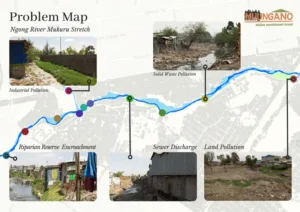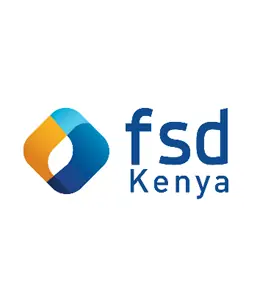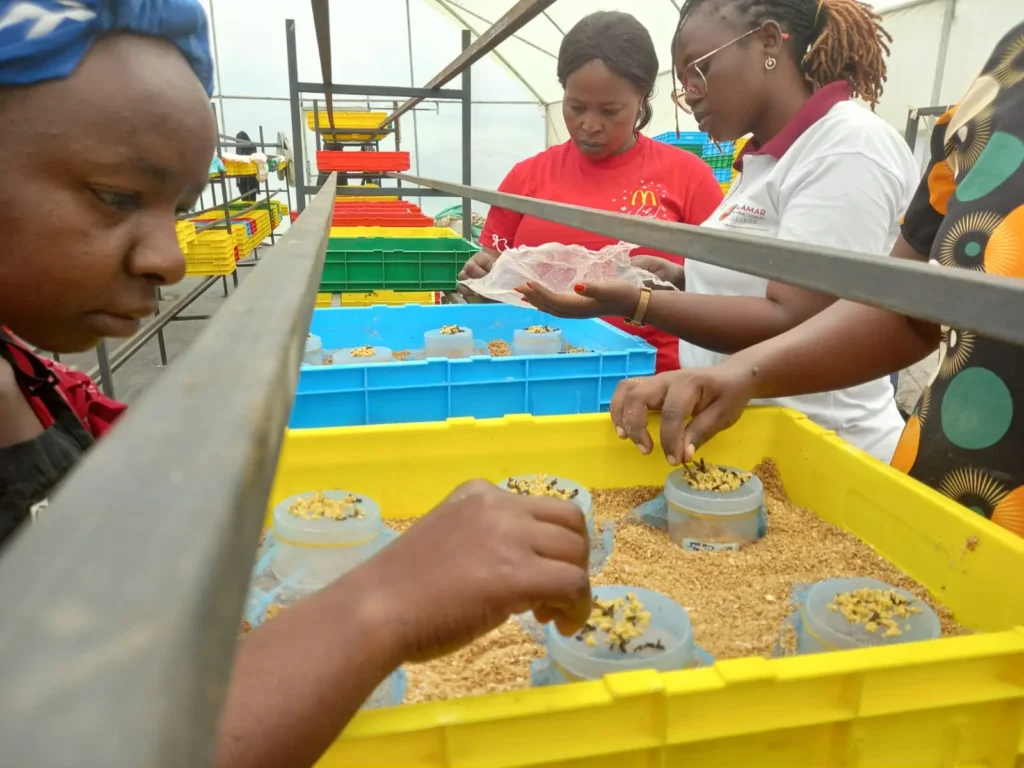Insights from Monrovia-Nairobi learning exchange on locally-led adaptation
https://drive.google.com/file/d/1mewTyPwM82rtNiRJc9TD2jT9qOEW-9ZK/view?usp=drive_link
Akiba Mashinani Trust (AMT), in collaboration with the Global Center on Adaptation (GCA), organized a peer-to-peer learning workshop in Nairobi from September 3rd to 7th, 2023. A local government delegation from Liberia accompanied by a GCA team, aimed to gain insights from the locally-led planning process in Mukuru. This workshop coincided with the Africa Climate Summit in Kenya.
The peer-to-peer learning initiative concentrated on locally-led planning processes to enhance climate resilience in informal settlements, specifically in Monrovia and Mukuru. GCA collaborates with various organizations, such as AMT, Young Men’s Christian Association (YMCA), and the Federation of Liberia Urban Poor Savers.
One of the highlights of the visit was the participation of local community representatives at the flagship climate event. At a side event co-organized by GCA and AMT, residents of Mukuru articulated their expectations for the climate summit, with one speaker lamenting that until now, the community has been left on their own to cope with the multiple challenges they face. Community members expressed concerns about climate change, stating, “We are too pressed to wait; keep your promise of doubling adaptation finance,” said one speaker, narrating how the community struggles to contain contaminated flood waters during the rainy season.
Climate adaptation must start at the local level
Even as they await external support, Mukuru residents have already developed a “People’s Adaptation Plan,” describing what needs to be done to control flooding and reduce social and economic vulnerability in our space-constrained informal settlement. It is a locally-led plan inspiring replication across Africa. But accessing climate finance for our developed flood control measures remains a challenge. Commit to making adaptation finance easily accessible by the urban poor for locally led adaptation.”
During a joint learning workshop, participants explored critical challenges faced by the Mukuru community, notably longstanding issues related to land tenure and evictions. Stressing the pivotal role of action research to inform advocacy efforts, AMT explained their meticulous approach to data collection, which includes effective visualization of gathered data. This further contributes to community-led efforts to influence urban planning processes, as exemplified by the innovative Mukuru Special Planning Area (SPA) process.
AMT, along with community mobilizers, shared insights into the community participation structure employed during the Mukuru SPA process. Stella Maries, a community champion and mobilizer, mentioned, “As a united community, the SPA opened our eyes to challenges we had grown accustomed to. Working together made it easier to secure development projects that would be challenging at individual levels.” The AMT team explained how the Mukuru SPA served as a platform for devising alternative and negotiated standards for informal settlement upgrading, aiming to minimize displacement while meeting essential requirements for basic services.
Asena, a champion in the SPA process, highlighted that a mutual agreement between locals and developers prevented demolitions. Structure owners voluntarily provided space for development and road construction. “Forming the Mukuru People’s Manifesto Committee to ensure leaders fulfill promises has been more effective than individuals following up with leaders,” she noted. Challenges affecting them included water and sanitation issues, poor roads, lack of schools, and hospitals, among others.
Anju Sharma, Lead, Locally Led Adaptation from GCA, stated during the workshop that community organizations merging into consortia have a greater impact than smaller groups working on different projects. Consortia in Mukuru towards the SPA process became a learning experience for GCA and other organizations, aiding in the design of Locally Led Adaptation. According to her, community-led projects are effective as the government can fund them.
Regarding speaking with one voice in development issues, Wie Paulita Christmas, Deputy Minister Urban Affairs, advised, “If you want your voice heard, do not speak alone; take the community along with you. Working together is effective in bringing lasting solutions to community concerns.”
The workshop allowed the Liberian Government from both local and national levels to share their plans for informal settlements, challenges, and areas requiring support. The University of Liberia shared its role as an academic institution in providing information on climate impacts to communities. Discussions and feedback sessions focused on implementing lessons from Mukuru in Monrovia, with a focus on climate vulnerability. A review of the climate change data collection questionnaire for informal settlements in Montserrado County based on learnings from the Mukuru experience was completed.
Gleh II George Yibah- FOLUPS noted challenges of access to clean water in most informal settlements in Northern Bushrod and Southern Paynesville in Liberia, posing health risks. George emphasized the need for support in data collection and developing a plan for affordable water points. He also noted challenges of proper sanitation in these settlements, requiring support through community-led initiatives.
Involving local communities in development plans concerning their communities is vital and effective. In participatory development planning, locals must be consulted for their views on what they want and how they want it done. Regarding working with local communities, Paye Jerry G C-YMCA noted, “Working with local communities and saving groups has been effective in Liberia. A united community seeking development projects holds power. When locals are listened to, they own and protect projects at all costs.”
The concluding workshop phase featured a dynamic discussion and feedback session on applying lessons from the Mukuru experience to Monrovia, addressing climate vulnerability. A meticulous review of the climate change data collection questionnaire for informal settlements in Montserrado County was undertaken, incorporating key learnings from the Mukuru experience. This process aimed to refine and tailor the questionnaire based on practical insights, ensuring its relevance and effectiveness in the local context.
Providing feedback on the involvement of national leaders in community-led projects, Wie Paulita Christmas noted, “nobody tells the president that they go without food for days or that their beds float on water when it rains because the president understands these struggles; he went through them. Teamwork is key in development towards success, involving national leaders, local leaders, NGOs, and local communities.”
Jane Weru, Executive Director, Akiba Mashinani Trust, emphasized the importance of research and concrete evidence before seeking support from the government or other organizations. Success stories from the people of Mukuru highlight this critical aspect.
To chart a way forward, a consensus was reached on the imperative for the YMCA, FOLUPS, and the Government to collaboratively formulate a cohesive strategy for crafting adaptation plans tailored to various informal settlements across Liberia. Recognizing the significance of concerted action, there was a shared acknowledgment of the necessity to convene various civil society organizations operating in informal settlements, fostering synergy to mitigate duplication of efforts and promote a proactive approach to projects addressing the unique challenges.



